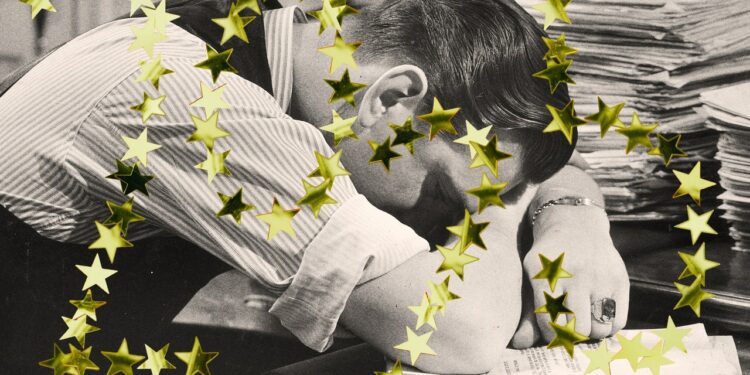Embracing Leisure in a Stressed Society: Lessons from Mad Men
Recently, I’ve found myself revisiting Mad Men—while it started as entertainment, it’s also part of a podcast project I initiated. The characters on this beloved show may embody various shades of morally questionable behavior, yet their seemingly carefree lifestyle prompts a pang of envy. They sip drinks leisurely, engage in light-hearted banter, embark on reflective strolls while puffing away at cigarettes—so why can’t our lives mirror that ease?
The Modern Dilemma
The most evident reason is “because we’re not affluent white men from the 1960s” (and let’s face it, few desire to uproot their families or succumb to early health issues). Nonetheless, I can’t help but question whether the decline of “smoke breaks” stemmed solely from health concerns or if it was also an attempt to eliminate downtime altogether. There exists an intriguing irony in my desire for that elusive ‘me‘ time while I consume content designed for work.
Blurred Lines Between Work and Life
This brings us to a significant issue: many individuals have so thoroughly fused personal time with occupational responsibilities that spontaneity has become nearly extinct. An unsettling sensation arises when I engage in activities devoid of direct financial benefit.
In the media industry specifically, this predicament feels exacerbated. Most colleagues—many with decades of experience—are either clinging to dwindling full-time positions that require them to manage workloads once handled by multiple employees under the scrutiny of higher-ups who often lack insight into our roles or are juggling several freelance jobs after losing their traditional employment. This shift puts immense pressure on everyone to constantly stay occupied with productive ventures.
A Wider Pattern Across Generations
However, this trend extends beyond the troubled confines of media jobs. For Generation X and Millennials (who might differ based on definitions; my belief is if you grew up using physical media platforms for personal discovery rather than digital ones—you’re definitely not just Millennial), we were nurtured under the philosophy that passion should guide our career paths. “Study diligently and enroll in prestigious institutions,” was etched into our upbringing alongside warnings against low-wage labor!
Now that I’ve crossed into my forties—a milestone at which many expected professional success—I can’t help but notice how fast food managers earn more than I do as a seasoned entrepreneur within my field! Their role appears far more rewarding too: they serve tangible products and witness satisfied clientele along with concrete measures accompanying their achievements.
A friend recently made headlines by leaving his tech sales position behind for entrepreneurship as a pool-cleaning business owner—and he appears utterly fulfilled! His newfound happiness has left all within our circle envious; too many yearn for such simplicity amid complex pressures pulsating through modern careers.
reflecting on these differences emphasizes an essential conversation about value systems around work and life balance today—a reminder perhaps worth embracing as we navigate evolving societal norms surrounding productivity and fulfillment.






